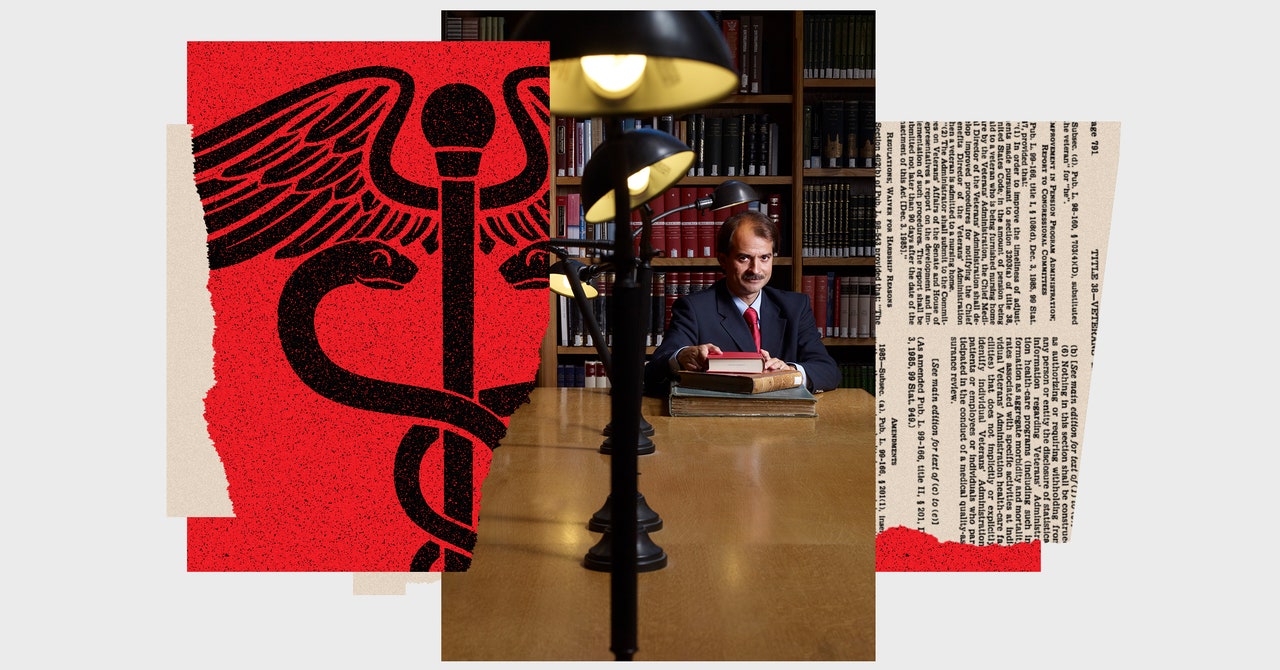I’m staring at a small sea of frowning faces on Zoom. “I’m really angry about this,” says one of them. These are medical students at Columbia University, and I’m speaking to a class on communicating medicine. They’ve been friendly up until now, but that all changed when I brought up Stanford University epidemiologist John Ioannidis.
Ioannidis has been a fixture in medical-school curricula for years, achieving something akin to hero status. He’s one of the most-cited scientists of any type in the world, and may be peerless on this metric among physicians. Amazingly, he’s earned all this acclaim by dedicating his career to telling the fields of biomedicine (and others, too) how shoddy they are, and how little trust one should have in their published research.
But now the scientist celebrated for showing colleagues how their studies are screwed up has a new claim to fame. Its very different vibe is reflected in the faces of the medical students I’m addressing. Almost literally overnight Ioannidis has himself become a case study in how to screw up a medical study. And not just any study: This one concludes that Covid-19 isn’t all that dangerous; that the current lockdowns to prevent its spread are a bigger threat to public health than the actual disease. In other words, Ioannidis’ views on the pandemic sound closer to those of the governor of Georgia than to Anthony Fauci’s.
Let’s face it, the field of epidemiology hasn’t so far covered itself in glory with regard to the coronavirus crisis. The field was for the most part fatefully slow to recognize that a pandemic was aborning; later on, it produced a stream of conflicting and sometimes wildly off-the-mark assessments of infection and mortality rates, and where they might be heading.
But even in this fast-paced and sloppy context, Ioannidis’ study is seen as standing out. Not just for its methodological weaknesses but for the apparent wrongness of its main conclusions—and the risk that these could have a harmful influence on public health recommendations. In a nutshell, Ioannidis and his study coauthors tested about 3,300 residents of California’s Santa Clara County for antibodies to the new coronavirus. The results, according to Ioannidis, imply that the disease isn’t nearly as deadly as believed. “Based on what we’re seeing now, the fatality of the virus is more or less the same as influenza, about 0.1 percent,” he says. “Most of the earlier data was completely bogus.”
The study, posted as a preprint on April 17, has been pilloried nonstop. Critics noted problems in the way subjects were recruited, potential defects in the antibody test, and apparent mistakes in the statistical analysis. Ioannidis might have received a pass if his involvement went no further than being listed among the suspect study’s 17 coauthors. But he’d already needled colleagues with an essay that he wrote in March, calling the response to Covid-19 “a once-in-a-century evidence fiasco”; and now, again, he took to the airwaves to hawk these new results as evidence that stay-at-home measures are misguided.
It wasn’t all the airwaves, though. Thanks to the fact that his advice happens to align with the right-wing message that it’s time to open up the economy, Ioannidis had his star turn on Fox News. Hosts Laura Ingraham and Tucker Carlson must have been thrilled to have some cover, for once, from a bona fide, mega-credentialed scientist, instead of having to trot out the likes of Drs. Oz and Phil on their shows. Meanwhile, The Wall Street Journal’s mostly right-wing-friendly opinion pages described Ioannidis as a scientist “under attack for questioning the prevailing wisdom about lockdowns,” and labeled him “the bearer of good coronavirus news.”
I’m friendly with Ioannidis. I got to know him 10

